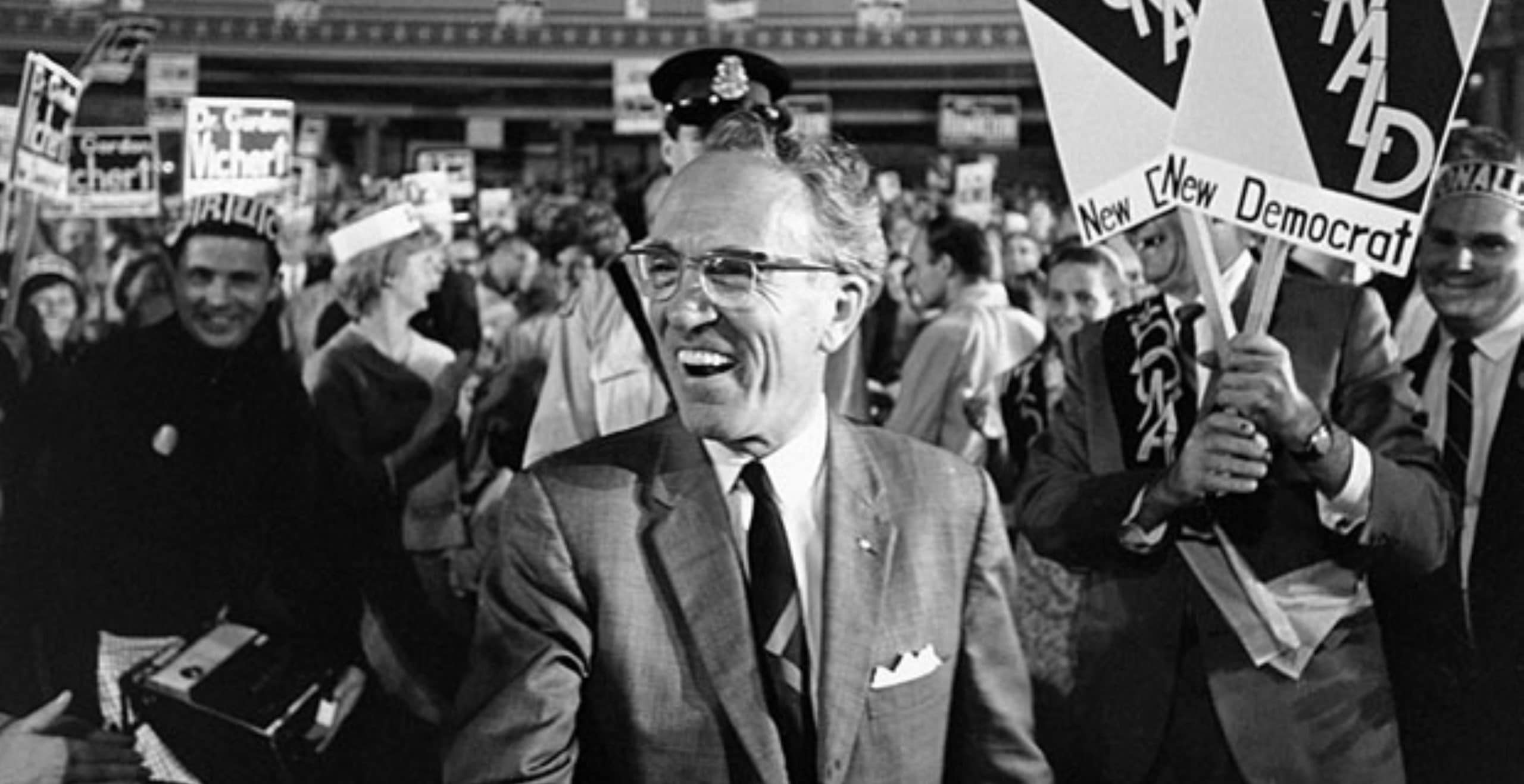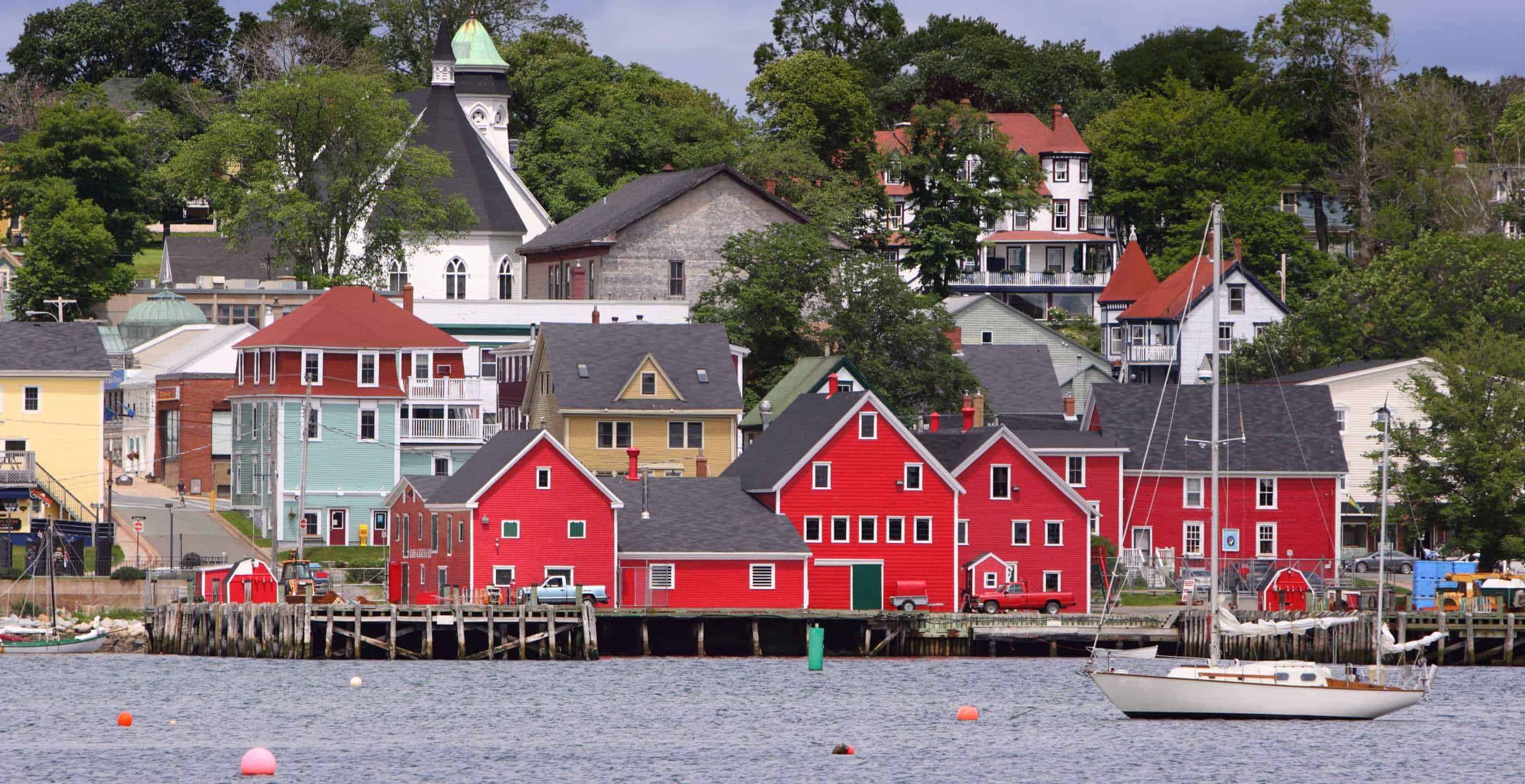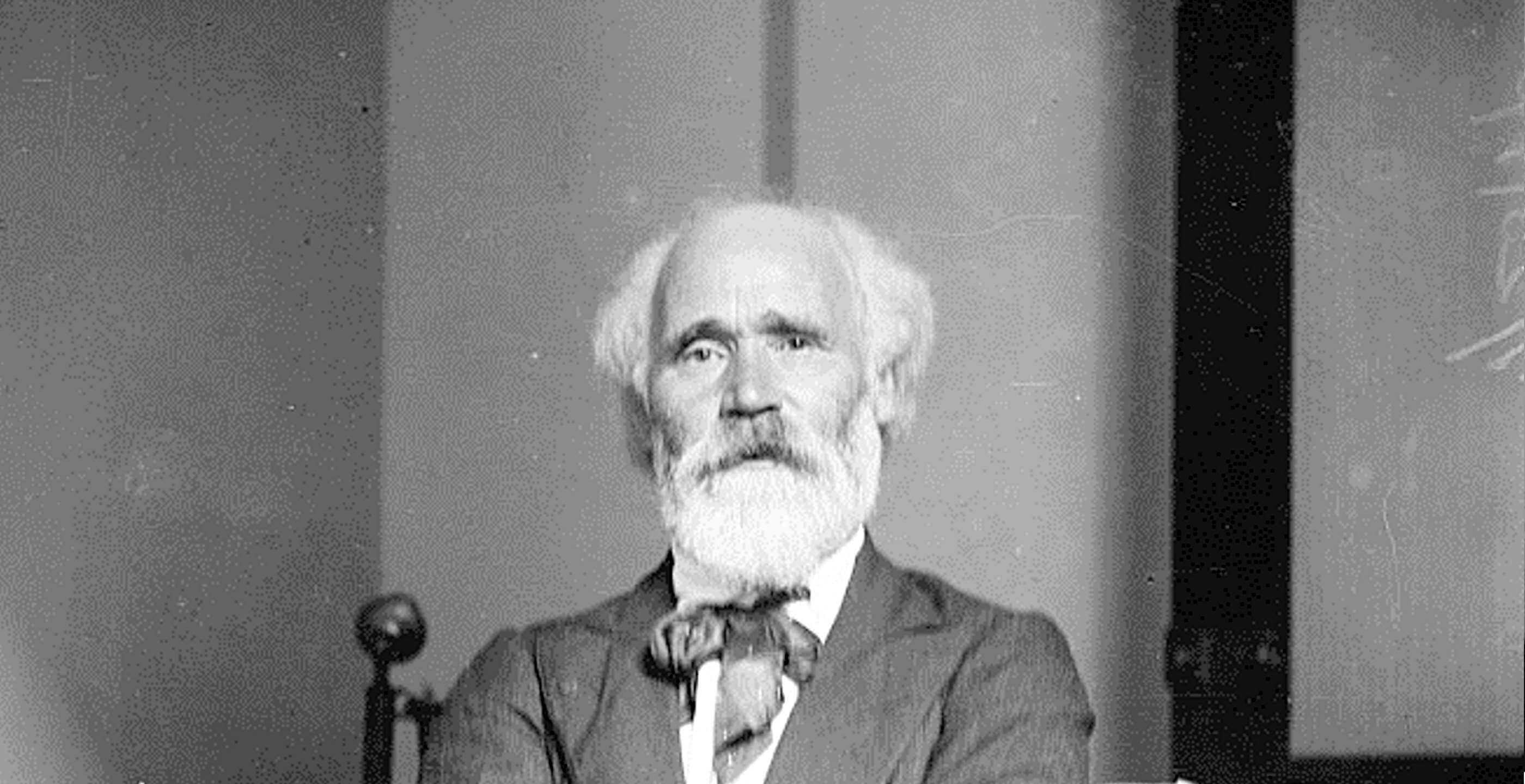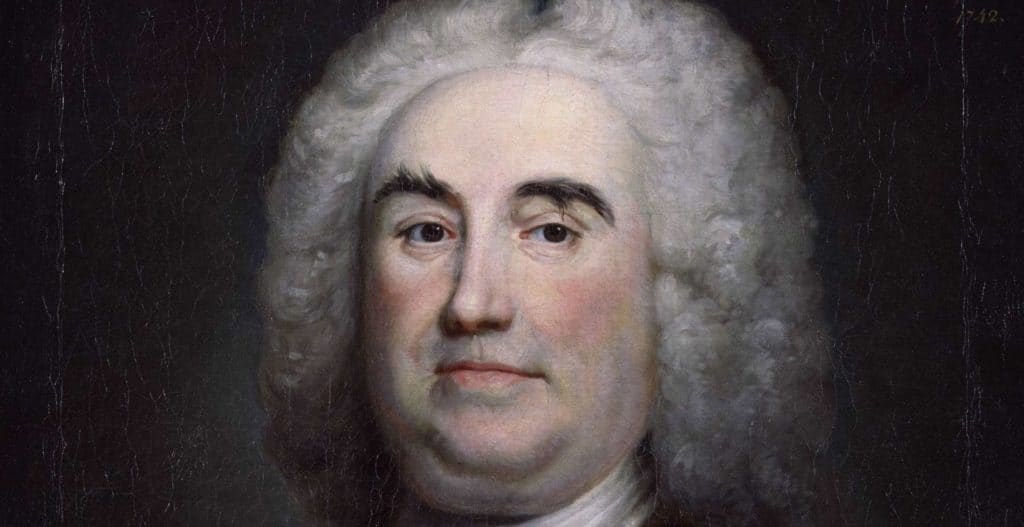The date is October 17th, 2004. The clock reads 7PM, central time. Canadians across the land are fixated on their television sets. This night they will choose a winner. The results of the second part of a two part voting system that has involved the entire country, are about to be revealed. Three months earlier the Canadian Broadcasting Corporation had polled thousands of citizens to discover whom they considered to be the “Greatest Canadian”. Any Canadian was allowed one vote per their choice. Votes could be cast by fax, by letter, or on-line. Viewers were presented with the 50 semi-finalists but in random order. From this jumble votes were again registered, and the field was narrowed to a final top ten.
The final ten included the following luminaries: 9th – Alexander Graham Bell, 8th – Sir John A. Macdonald, 6th – Lester B. Pearson – 4th – Dr. Frederick Banting – 3rd – Pierre Elliot Trudeau, 2nd – Terry Fox. And from this formidable group the clear winner was one Tommy Douglas.
So how did this diminutive Scottish-Canadian come to rise above them all and what had he done to attain this honour? The answers are “grit” to the first query and “much” to the second. The Tommy Douglas story begins in a midsized Scottish town located halfway between Glasgow and Edinburgh named Falkirk.
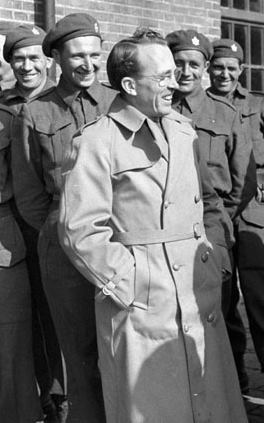
Tommy Douglas was born to a working-class family in a working-class town of the Scottish central lowlands. His paternal grandfather was known to kith and kin as Mr. Douglas and his father was known as Tom Douglas. But the youngster would be known to the world for the rest of his life as “Tommy.” The elders had toiled for generations working in one of several sooty foundries of Falkirk. It was in one of the humble dwellings that scarred the town’s landscape that an event would take place that would change young Tommy’s life profoundly.
While skipping home from school one day and splashing through every mud puddle he could find, 10 year-old Tommy went sprawling through the gravel and managed to scrape and perforate his left leg quite badly. Tommy was carried home by neighbours and laid unceremoniously on the kitchen table. A local doctor was summoned who had no surgical skills and who applied a suspect liquid to Tommy’s lips and proceeded to scrape to no good result. The leg never healed properly and would bother him greatly into adulthood and beyond. And yet, as we shall see, this unfortunate event would years later benefit millions. But first the Douglas family had some serious travelling to do. Tommy would live in Scotland from birth to age seven, then ship to the Canadian province of Manitoba from age seven to eleven, back to Scotland from 11-15, and finally to Canada again – this time to stay. The specific destination was Winnipeg and events here to would affect Tommy’s worldview forever.
Winnipeg is centred on the confluence of the Assiniboine River and the Red River. The year 1921 was a seminal one in Winnipeg. It was the site of the infamous Winnipeg General strike. Thousands of workers in various basic trades assembled in downtown Winnipeg. They were angry and they carried billboards that demanded a decent work place and an income that would promise more than bread and potatoes. The dim-witted mayor of Winnipeg sent in hundreds of police units – with guns – and a protester was shot and killed. The strike would last several days and leave at least one onlooker who experienced it with a profound response. Tommy Douglas was still a teenager when he, and a friend, scaled one of the downtown buildings and witnessed the havoc from that vantage point. Tommy would leave Manitoba for another Canadian province, and one that would become his forever home – Saskatchewan – Weyburn, Saskatchewan to be precise.
For the next few years Tommy would enrol at the University of Brandon while simultaneously completing the requirements that would allow him to teach the gospel of the Baptist Church. During this time he would also take his lifetime mate in matrimony, Irma, and together they would purchase a bungalow in Weyburn (four thousand something), which they never leave. So much for the wide belief that fat cat politicians all munch at the public trough. And it was during these early years that the folks of Weyburn discovered what sort of a neighbour they had in this friendly Scot.
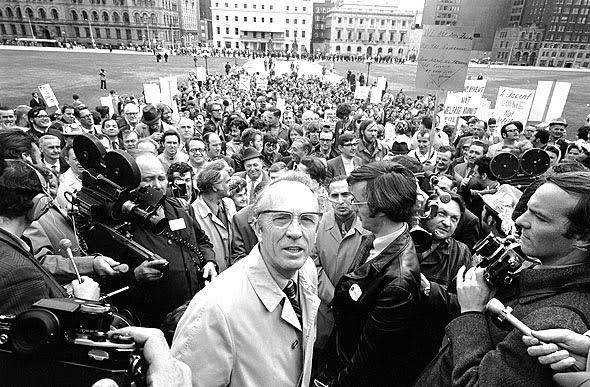
Tommy Douglas had asked himself a basic life question years earlier that he answered with a resounding “YES”. Yes, he was his brother’s keeper. It was a creed he lived by and one that he had formed long ago. Need a hand threshing wheat? Call Tommy. Need help fixing that leaky roof? Call Tommy. A family is desperate to put food on the table. Call Tommy for a loan and don’t worry when or whether you can pay it back. If assistance of any sort was needed Tommy was there too. It was simply in his nature to see hurt and to provide healing hands.
All of this time and much later Tommy Douglas had not the slightest intention or thoughts about running for political office. His sermons at Weyburn Baptist Church were drawing more and more worshippers and Tommy found not a minute to spare. And soon he was pressed to take on another project – one that would tax even the all-round abilities of a fiery and popular preacher – he was asked to cope with eight local mini burglars from the high school who were stealing from the local general store.
He agreed to see what he could do and began meeting with them two evenings a week. He taught all sorts of things – things such as a multi-talented man can do. The favourite activity turned out to be boxing. Tommy had learned something of “The Sweet Science” during his own school days. In fact, while attending the University of Brandon he fought and won the lightweight championship of Manitoba two years running. This would surprise those who later could not picture the peaceful and non-threatening Douglas as a pugilist. When this view was pressed on him Douglas would only say, “Well, I was fast and could hit harder than they were expecting”. The 8 boys soon learned to respect the slim Scot and all 8 boys matured into useful people – two of them became teachers and one a sergeant major in the military.
Nineteen thirty-five was a federal election year. To his utter surprise a group of citizens from the local federal district came calling representing the left-wing Cooperative Commonwealth party (CCF). To the outside world, “Tommy Who” won the seat and left the security of pastor of a Church where he was known and loved. Over time Tommy gradually morphed from a situation where he commanded a flock to one where he was but one more anonymous backbencher. But he listened and learned and his reputation in the House became that of an honest broker.
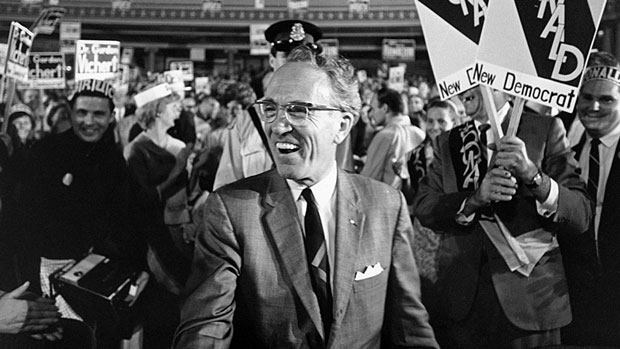
Douglas was soon wooed by the brass of the New Democratic Party to enter the provincial race as the party’s leader. He accepted both the offer and the challenge. The New Democrats was merely the new name for the CCF, the difference being that the new party was now the party of the labour interests as well as the farmers of Saskatchewan. Election Day was a rout – the biggest landslide in Canadian history. The New Democrats won 48 out of 52 seats. And now all of Canada knew who Tommy Douglas was. This remarkable performance was due partly to his sunny personality and his honest ways. But Tommy had another gift too.
Tommy was a superb orator. The captive cadence of his rhetoric was magic; the way he punctured a hole in the sky with a pointed index finger and his strong and commanding presence held you in thrall. Opponents steered clear of taking him on, but he never took advantage of his superior language skills. In truth, Tommy could be considered a latter day Cicero. If you met him you soon learned why.
Ken Lee, a prominent resident of British Columbia, remembers Douglas vividly;
“ In 1965 I was Principle of Central Manitoulin High School. One
evening I heard a knock on the door and was astonished to find
Tommy Douglas there. I had never met Tommy before but with
a twinkle in his eye and his charming Scottish way he explained
that a 1965 Federal Election had been called and they were
searching for the riding of Algoma East. He explained that the
incumbent MP was Prime Minister Lester B. Pearson. I was deeply
impressed that he had found the time to come to my door.
This was a moment I will never forget. This incredibly erudite,
courageous man, a lifetime inspirational role model had found
the time and energy to visit my campaign and wish me well.”
For all his peaceful ways Tommy was adamant that he was no pacifist. Pushed to the extreme Tommy would defend what was his. This attitude came to the fore in 1936 when he visited Germany. After witnessing a Nazi rally and a tantrum and diatribe from their leader, Tommy described Hitler as a lunatic.
Back home Tommy was building roads, pushing through legislation that guaranteed two weeks paid vacation for all Saskatchewan workers and he introduced family allowance and the Old Age Pension. However, he is best remembered for Universal Medicare. It was a long hard battle: the doctors felt threatened, as the government would take control of how they were paid. The doctors went on strike for nine days and one young boy’s life was lost before eventually Medicare came into being. Along with Medicare came dental care, eye care and basic prescription coverage.
His childhood injury never completely left him and was a constant reminder of the need for medical care. On July 1st 1962 a total Medicare package came into being. This was Tommy’s greatest achievement.
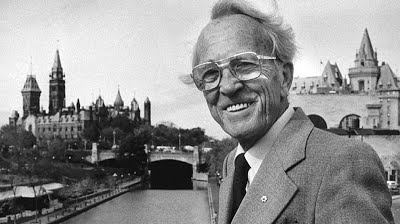
And last, not least, a tip of the cap to Tommy’s sense of humour:
Tommy Douglas and Joey Smallwood, by way of their Premierships, were invited to London to attend the coronation of 1953. So Premier Douglas of Saskatchewan and Premier Joey Smallwood of Newfoundland soon found themselves, on the day, standing five and one half hours – consecutively – with no chance to heed the call of nature. When finally released they scooted out of the Abbey to a nearby building – desperate already, they found the line-up was 60 men deep. This facility carried an overhead sign that said – “Gentlemen”. There was another convenience marked “Peers”. There was no line-up at all.
In a flash Tommy ran over to this one. He heard Joey admonish him: “Tommy – you are not a lord. And you cannot go there”.
Tommy hollered back, “Wrong Joey- I may not be a Lord but I am definitely a Peer!”
Tommy honoured both the Saltire and the Maple Leaf. So do we all.
Footnote: did you know that the actor Donald Sutherland is Tommy’s son-in-law and Kiefer Sutherland is his grandson?
By Douglas Reid. The author lives on a small island in the Salish Sea off the West Coast of British Columbia.
